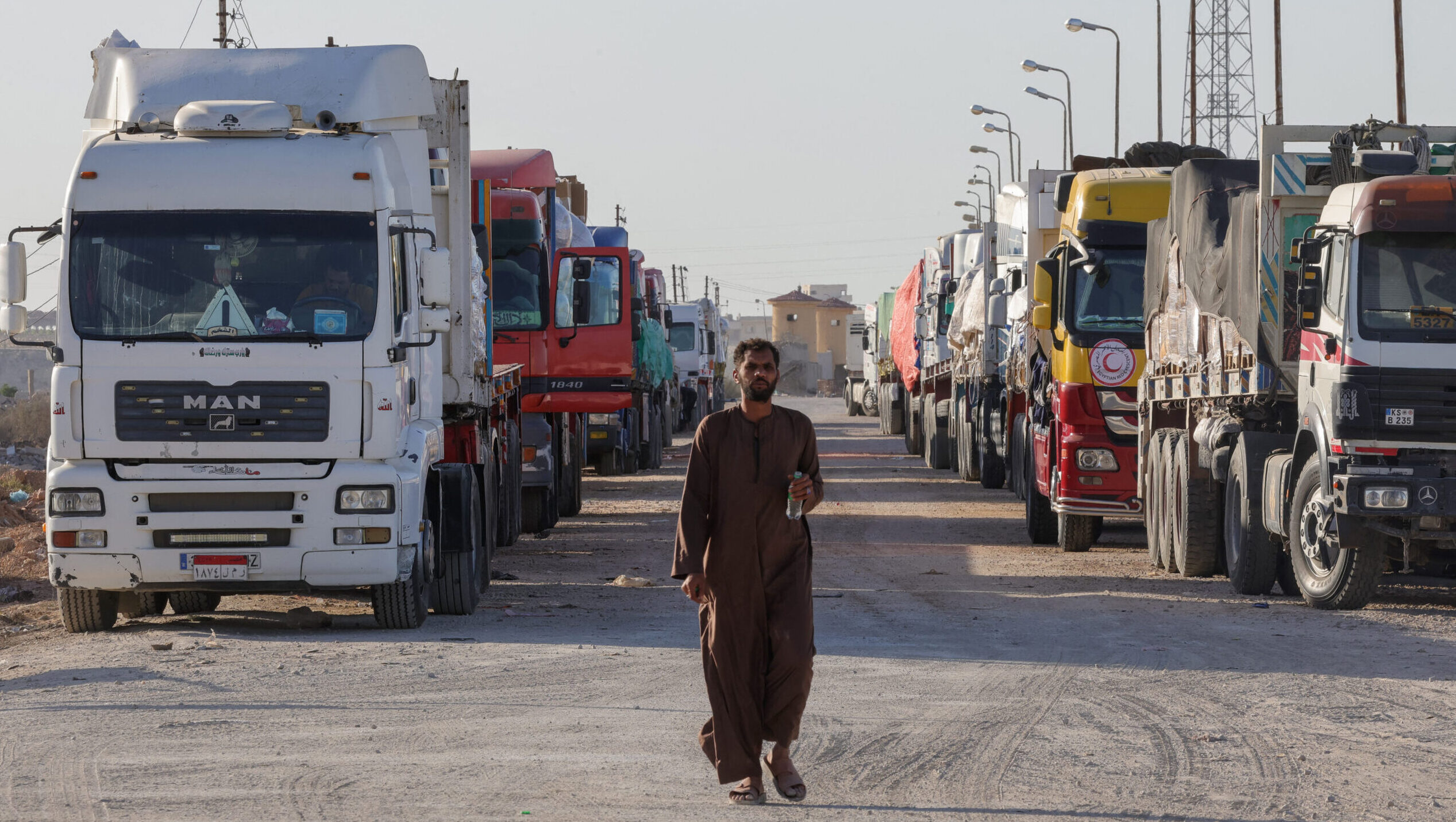Cairo Forces Hamas Into a Corner Over Gaza Truce Proposal
Egypt is playing its strongest hand yet in the Gaza war negotiations. Reporting from Cairo, Waseem Abu Mahadi and Jacob Wirtschafter describe how Egypt forced Hamas to face a new reality: No “end of war” deal is possible on Israel’s terms, and Hamas risks standing alone if it refuses a partial agreement. Washington and Doha are already aligned with Cairo, and other Palestinian factions—even rivals once sidelined by Hamas—have accepted Egypt’s draft without objections.
The stakes are enormous. President Abdel Fattah el-Sisi has called the deal urgent, welcomed humanitarian relief through Rafah, and rejected both reoccupation and mass displacement into Sinai. For Cairo, the idea of transferring Palestinians—whether to Sinai or even, as rumored, to South Sudan—is a red line tied directly to Egyptian sovereignty and regional stability.
Give the gift of hope
We practice what we preach:
accurate, fearless journalism. But we can't do it alone.
- On the ground in Gaza, Syria, Israel, Egypt, Pakistan, and more
- Our program trained more than 100 journalists
- Calling out fake news and reporting real facts
- On the ground in Gaza, Syria, Israel, Egypt, Pakistan, and more
- Our program trained more than 100 journalists
- Calling out fake news and reporting real facts
Join us.
Support The Media Line. Save democracy.
The proposal centers on a trade: Hamas would release half the Israeli hostages in return for Palestinian prisoners and a 60-day pause. Israeli troops would pull back, humanitarian aid would surge, and new governance arrangements could be tested in Gaza. But Hamas fears Israel will resume the war once the pause ends unless the US guarantees otherwise.
Families of Israeli hostages are demanding swift action. President Donald Trump’s envoy, developer Steve Witkoff, has shuttled between capitals, pressing the deal forward. Analysts tell The Media Line that Hamas appears more focused on survival than a final settlement, while Israel insists its mission remains dismantling Hamas rule.
It’s a diplomatic sprint against a battlefield clock, with Egyptian officials preparing for a reconstruction conference even as Israel signals new offensives. To see the full depth of Cairo’s maneuvering—and hear Gazans’ voices on what could be their last chance for peace—read the full article by Abu Mahadi and Jacob Wirtschafter in The Media Line.



